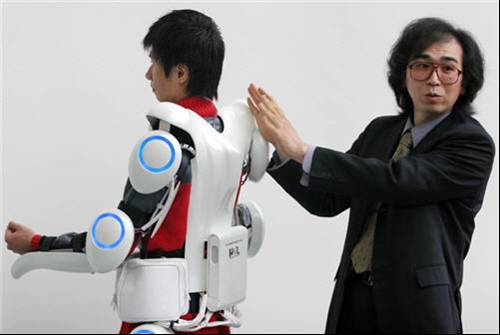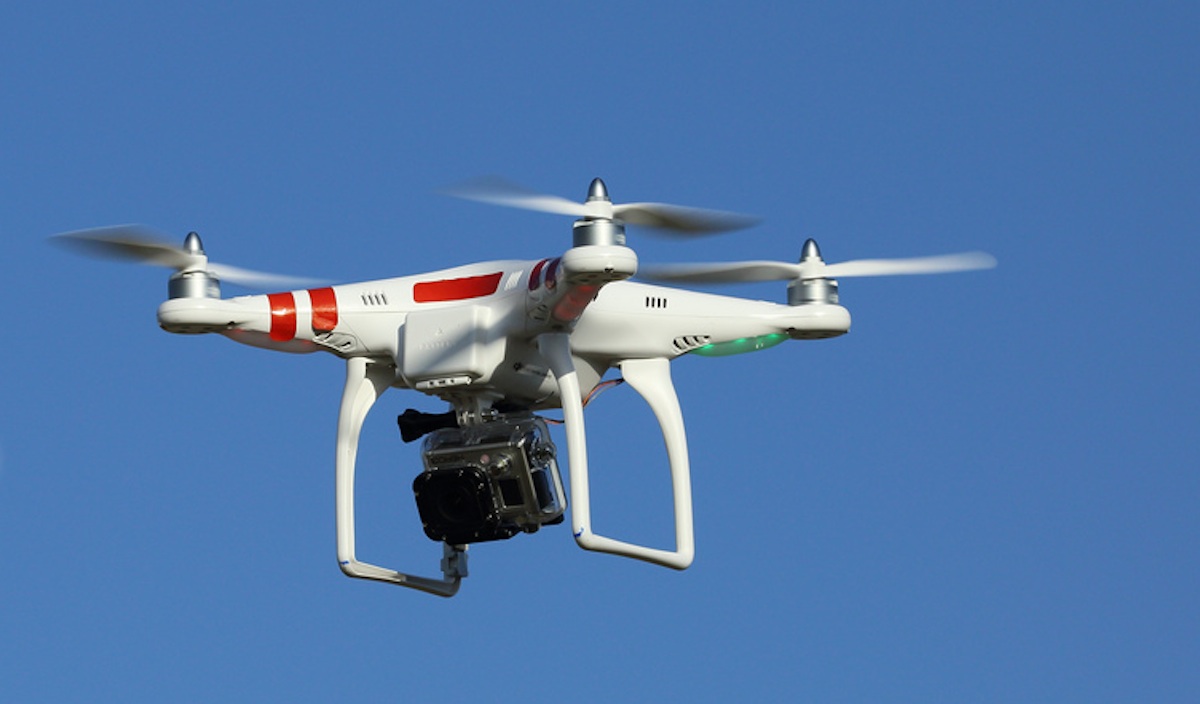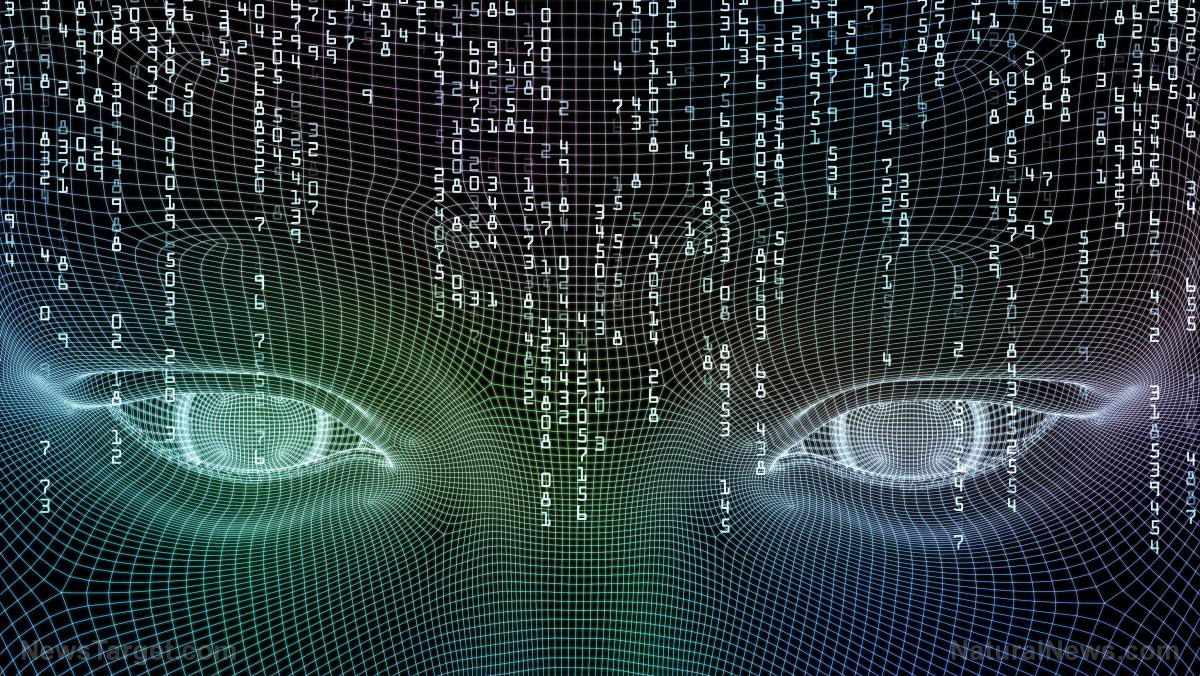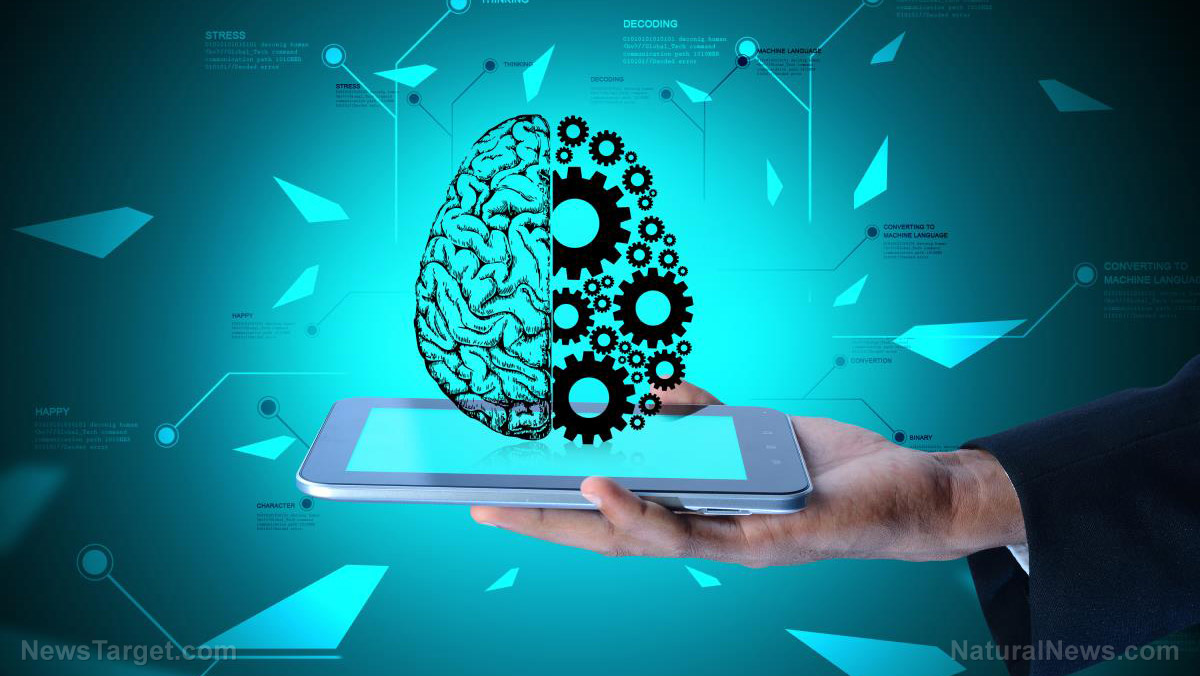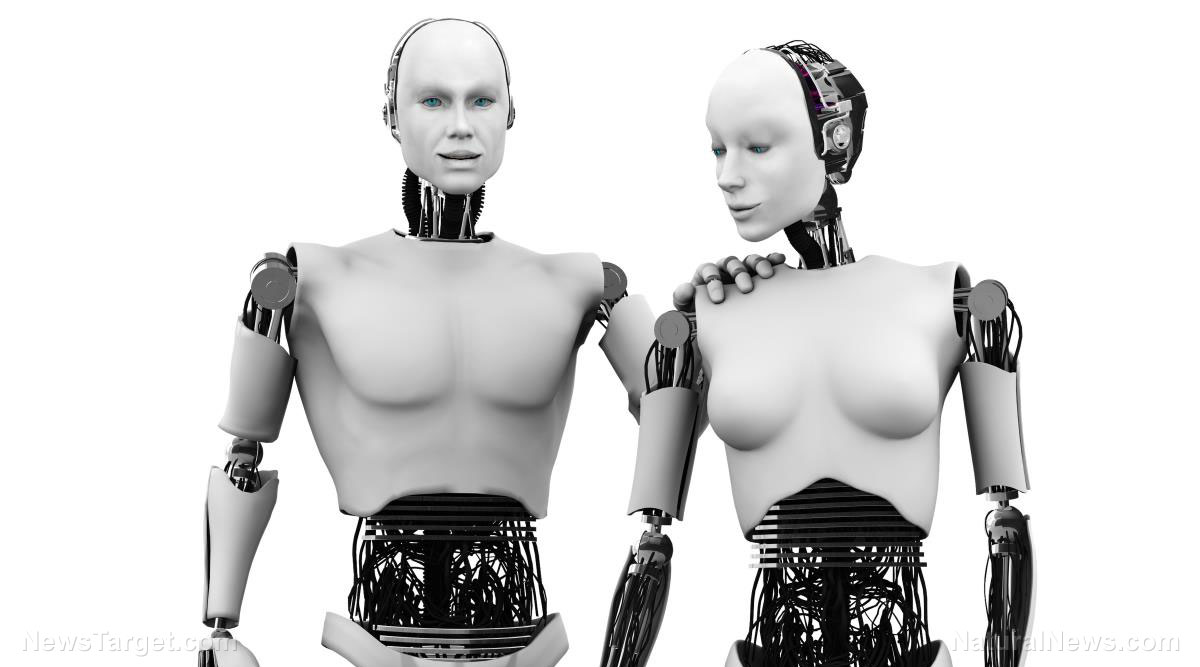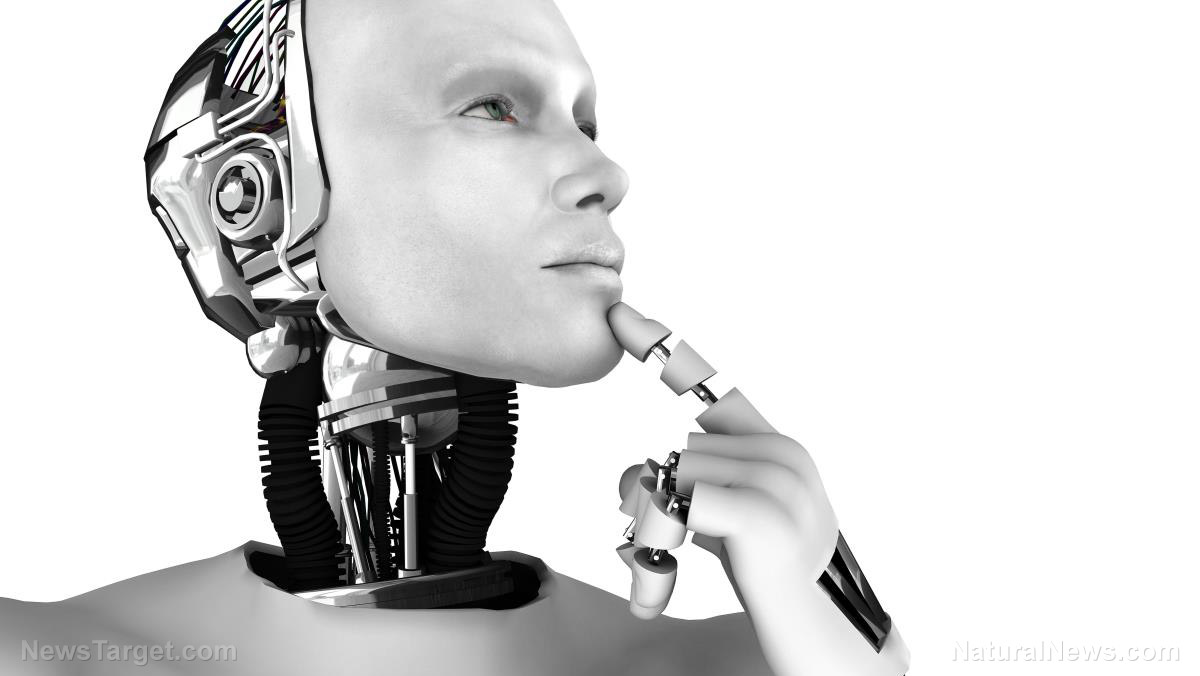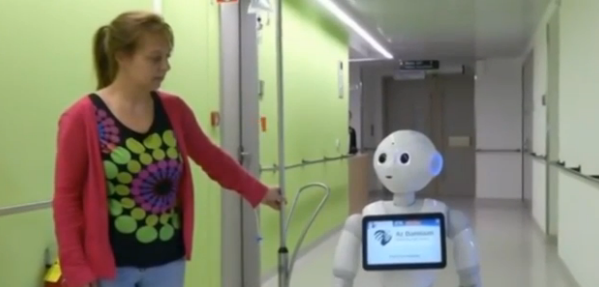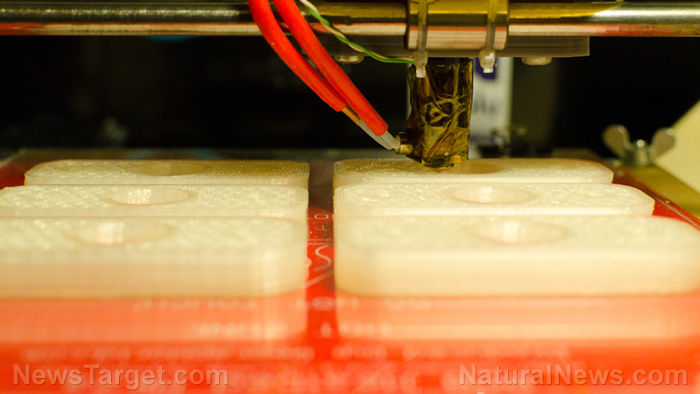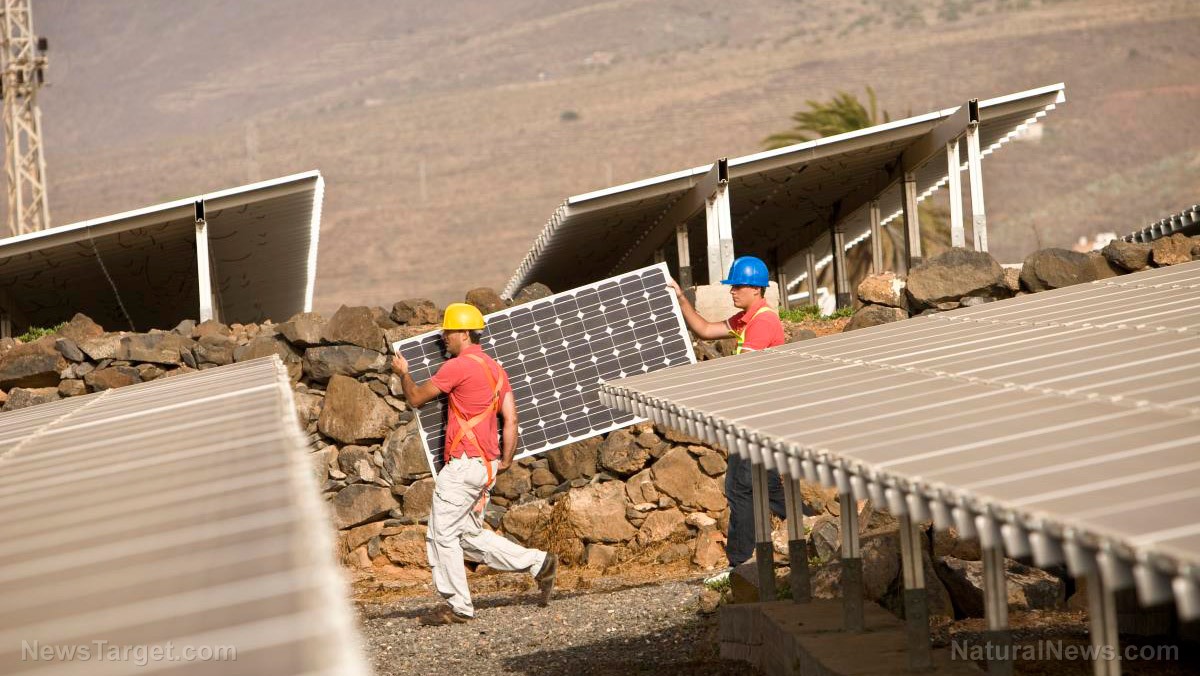We no longer need your services: Three new LG robots go on the market THIS year to replace humans in jobs at airports, hotels, supermarkets
11/06/2018 / By Earl Garcia
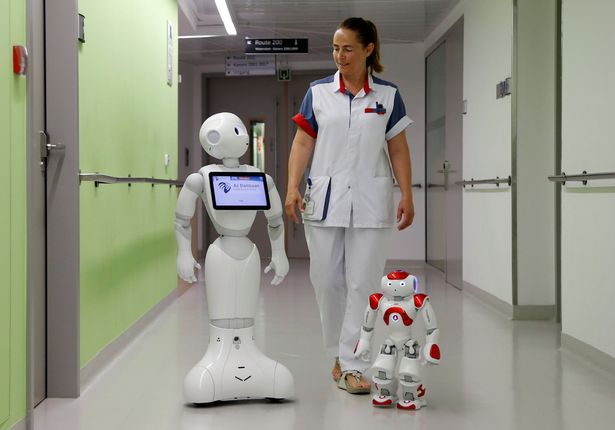
LG Electronics introduced three concept robots slated to replace workers in airports, hotels, and supermarkets. The reports touted that each robot is bin-shaped and uses a hidden set of wheels at its base to move. The robots also feature a circular screen with a bright-eyed digital face that provides a ‘human’ touch, the researchers added. The experts further explained that the robots have prominent touch-screen displays that receive instructions and provide people with information.
The first robot is designed as a server robot that carries food and drinks to hotel and airport customers. The robot features a built-in sliding tray that collects food and protects it while the machine is in transit, reports revealed. The second machine is slated to serve as a porter robot that carries hotel guests’ luggage to and from rooms. The robots are already installed and tested at South Korea’s Incheon Airport.
The third robot was designed to work with customers at supermarkets. According to researchers, the machine may guide customers through the aisles and provide information on product prices. The robots, which form part of LG’s new ‘CLOi’ range, were unveiled at the global Consumer Electronics Show (CES) in Las Vegas.
Robotics, automation may greatly hurt United States workforce in the near future
The introduction of the concept robots ignited concerns of human workforce replacement in the coming years. In fact, a report released by London-based consultancy firm McKinsey cautioned that up to 800 million workers around the world may be in danger of being replaced by machines in the next 13 years. The report also noted that up to 400 million people could still lose their jobs even if automation face slower adoption rates.
“The results reveal a rich mosaic of potential shifts in occupations in the years ahead, with important implications for workforce skills and wages. Our key finding is that while there may be enough work to maintain full employment to 2030 under most scenarios, the transitions will be very challenging — matching or even exceeding the scale of shifts out of agriculture and manufacturing we have seen in the past,” the report read.
Robotics and automation were also estimated to impact millions of Americans in various industries including the transportation, financial, and hospitality sectors. An analysis conducted by the accounting and consulting firm PwC showed that increased adoption of robotics and artificial intelligence may put 38 percent of all jobs in the U.S. at high risk of automation. The researchers cautioned that this may equate to about four in 10 human jobs being replaced by robots.
The analysis also warned that the trend in automation adoption may render 57 million Americans unemployed. An article posted on the Los Angeles Times website added that the estimated rate for U.S. job losses far exceeds that of other progressive nations including the U.K., Germany, and Japan. According to researchers, the potential job losses may be due to sectors vulnerable to automation adoption. (Related: Robot recession: Will the rise of automation force 57 MILLION American workers out of their jobs?)
Robots may impact retail industry too, report shows
Likewise, a 56-page report by investment advisory firm Cornerstone Capital Group revealed that increased automation adoption may compromise the job security of nearly 50 percent of all retail workers in the U.S. The analysis warned that robotics and automation may displace up to 7.5 million of 16 million retail workers across the country in the coming years.
“This in-depth examination of retail automation gives investors insights as they consider investment risks and opportunities. While the findings are important to investors, they should sound the alarm for economists and political leaders. The shrinking of retail jobs in many ways threatens to mirror the decline in manufacturing in the U.S. Moreover, in this case, workers at risk are already disproportionately working poor, so any disruption may cause strains in the social safety net and stresses on local tax revenues,” economics expert Jon Lukomnik said in a Business Insider article.
Visit Robotics.news and be updated with the latest news in automation and artificial intelligence.
Sources include:
Tagged Under: AI, artificial intelligence, automation, employment, future tech, job security, machine learning, robot economy, robot jobs, robot takeover, robotics, robots, technology, unemployment

